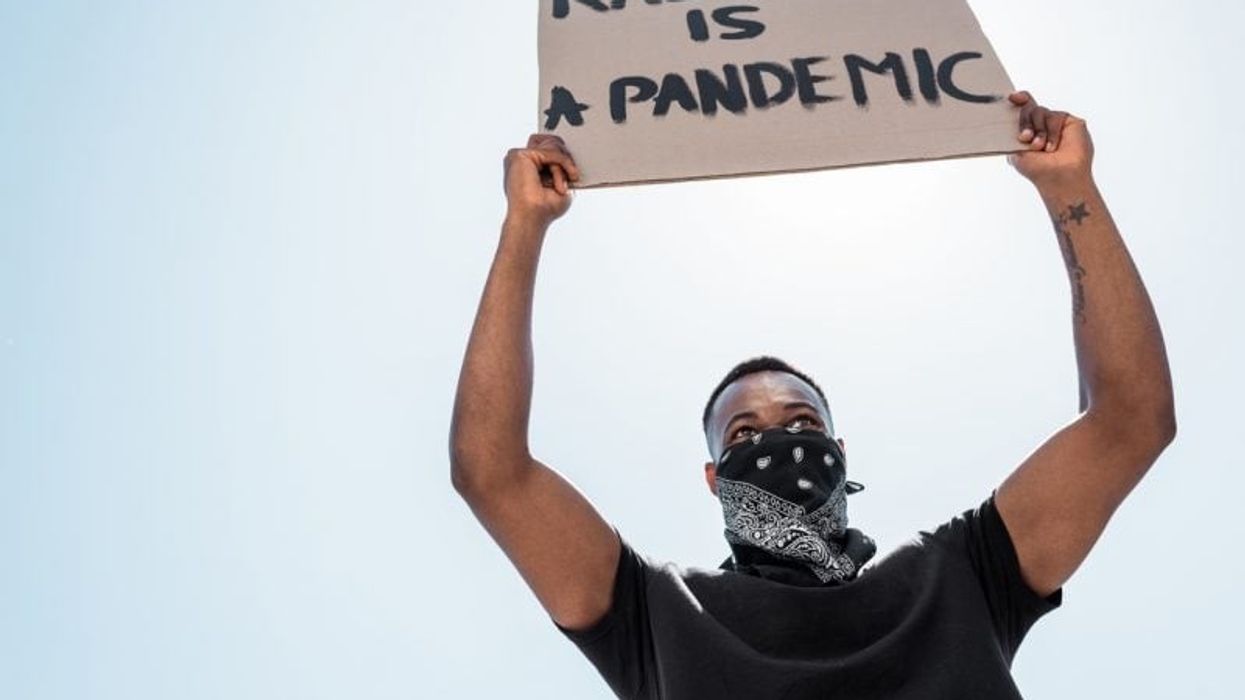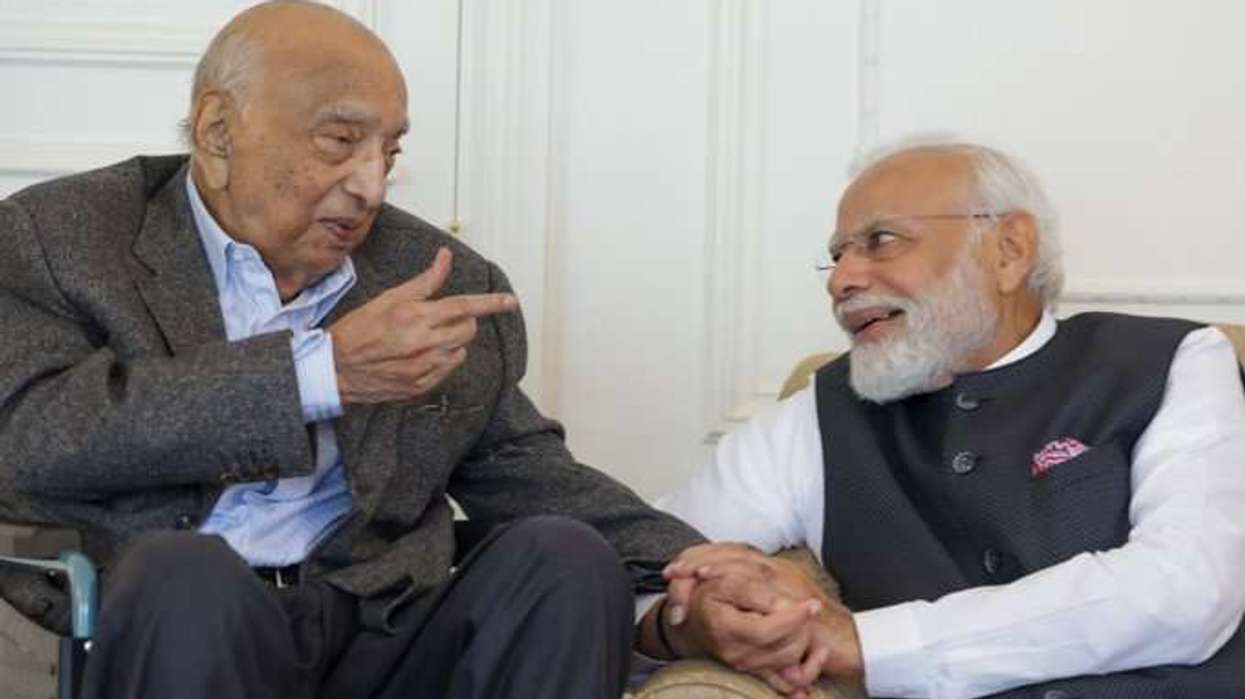MOST young people from black and minority communities in Britain encounter racist content online, a new study revealed, with more than half reporting it damages their sense of safety.
The "Youth, Race and Social Media" report published on Thursday (24) highlighted a troubling picture of online racism and its effects on young people aged 16-24.
Researchers from Goldsmiths, University of London, surveyed 809 young people from minority backgrounds and conducted in-depth interviews with 110 participants as part of the survey.
A staggering 95 per cent of respondents reported encountering violent or abusive racist content online. The frequency of these encounters is particularly concerning, with 16 per cent seeing racist content daily and 38 per cent encountering it at least once a week. Only four per cent of respondents said they never saw racist content online.
"Overall, young people appear to be experiencing social media as a place where racism thrives unchecked – with explicit racism, polarised debates and backlash as part of their experiences of encountering racial content," said David Woodger, one of the report's four researchers, at the British Sociological Association conference in Manchester on Thursday.
The research, funded by Meta (which owns Facebook), documents not only the prevalence of racist content but also its various forms. Three-quarters of participants had encountered violent racist images or videos, while 30 per cent received racist material through private messages. For 13 per cent, the racism appeared directly on their own social media feeds.
The study is the first comprehensive examination of how young minority groups experience social media platforms in the UK. Of the participants, 49 per cent identified as black, 43 per cent as Asian and eight per cent as from other minority backgrounds.
The report found that 58 per cent of respondents said online racism left them feeling less safe, 42 per cent reported harm to their mental health, and 18 per cent said it affected their friendships outside their ethnic group.
One participant described the emotional burden: "I take with me everywhere the feeling that I am hated, and it makes me sad, hurt and shameful, and I am fearful because it's not the societal norm to be Black and a Muslim, being everything that society dislikes. How do you move around freely when you feel like this?"
Young women face additional challenges, with the report noting they encounter particular forms of racist scrutiny including sexualisation and insults about their physical appearance.
"The majority of hate online is targeted towards women," explained one interviewee. "People try to be as offensive as possible. I think they use a lot of descriptors for that. So, it might be, 'You fat ugly Black b*tch,' for example."
Despite the prevalence of racist content, efforts to report it often proved futile. Among those surveyed, 39 per cent reported abuse to social media platforms but received no response, while 40 per cent received what they considered an unsatisfactory response. Only six per cent said they received a satisfactory response.
The situation appears even worse when involving authorities, with just 10 per cent of participants reporting incidents to police. Of those who did, only one in ten received a satisfactory outcome.
"I think they should actually have a better filtering system – why are you showing me somebody who is calling Black people monkeys?" questioned one respondent.
Another participant expressed frustration with how freedom of speech is interpreted on platforms: "I think social media companies really need to think about the concept of freedom of speech and how it's been used. Particularly just to perpetuate culture wars which basically are just fascist, Islamophobic, homophobic, racist tropes that are spewed under the guise of freedom of speech."
The constant exposure to racism has led some young people to withdraw from mainstream social media spaces. "I have seen the torrent of abuse that some influencers and community groups get when they share their opinion, and when I have shared something it's been horrendous – I stopped posting after that," one participant explained.
Another described creating alternative spaces online: "I am completely fed up with the comments and racism on many posts I am connected to, so I decided to withdraw, and me and my friends set our own groups up where we can share freely without attracting hostile and racist comments – I feel completely different as it's empowering rather than draining on my emotions."
Woodger noted that many young people feel platforms are not doing enough to address racism. "A sense of hopelessness and futility often leads them to disengage from certain content or from social media altogether. Young people largely felt that social media platforms were not doing enough to respond to problematic content relating to race and racism."
The researchers called for social media platforms to develop more effective responses, with Woodger stating: "Social media platforms should find new ways to engage and communicate with young people about their experiences and how they might develop more effective responses."





